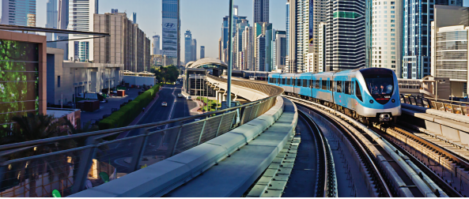September 21, 2015
New study highlights the key roles of real estate at UK’s top law firms 0
 The UK’s top law firms are spending more on their real estate and allocating more space to staff, following years of reductions. Those are two of the key findings of a new report from The Lawyer magazine and property consultants JLL. Around half of the UK’s Top 200 law firms shared detailed data with the study, which also incorporates publicly available information on transactions. The study also takes into account the links between real estate strategy and broader strategic, management and human resources issues. While the report says the amount of space dedicated to each lawyer has risen by 7 percent over the last two years and the costs of owning real estate have also risen markedly, it also describes how many firms are now actively using flexible working to reduce real estate costs.The report concludes with a speculative look at future trends, including the uptake of coworking space.
The UK’s top law firms are spending more on their real estate and allocating more space to staff, following years of reductions. Those are two of the key findings of a new report from The Lawyer magazine and property consultants JLL. Around half of the UK’s Top 200 law firms shared detailed data with the study, which also incorporates publicly available information on transactions. The study also takes into account the links between real estate strategy and broader strategic, management and human resources issues. While the report says the amount of space dedicated to each lawyer has risen by 7 percent over the last two years and the costs of owning real estate have also risen markedly, it also describes how many firms are now actively using flexible working to reduce real estate costs.The report concludes with a speculative look at future trends, including the uptake of coworking space.


















 The allure of London for Generation Y appears to be fading, according to
The allure of London for Generation Y appears to be fading, according to 
 The recent growth in prime headline office rents has continued across the UK’s regional
The recent growth in prime headline office rents has continued across the UK’s regional 


 One of the most typical claims that suppliers in this sector make about their products is that they will make people more productive at work. Many go so far as to put numbers on what this means, and usually not just 0.4 percent or whatever but something far more. We can understand why they do this because they are seeking to link workplace productivity to whatever it is they have to sell. This is often tenuous for at least two reasons. The first is that even when such a causal link is demonstrably true, it still assumes that all other things at work are equal, whereas they never are because there are so many factors involved. That is why you will find some people cheerfully working in shabby, cluttered, underlit offices while others mope around unhappily in gilded cages with expensive chairs, soaring daylit atria and olive groves. The second is that such claims simply ignore what makes people tick.
One of the most typical claims that suppliers in this sector make about their products is that they will make people more productive at work. Many go so far as to put numbers on what this means, and usually not just 0.4 percent or whatever but something far more. We can understand why they do this because they are seeking to link workplace productivity to whatever it is they have to sell. This is often tenuous for at least two reasons. The first is that even when such a causal link is demonstrably true, it still assumes that all other things at work are equal, whereas they never are because there are so many factors involved. That is why you will find some people cheerfully working in shabby, cluttered, underlit offices while others mope around unhappily in gilded cages with expensive chairs, soaring daylit atria and olive groves. The second is that such claims simply ignore what makes people tick.
 Newly published research
Newly published research








September 18, 2015
What Robert Frost can teach us about the changing workplace
by Mark Eltringham • Comment, Facilities management, Flexible working, Technology
(more…)